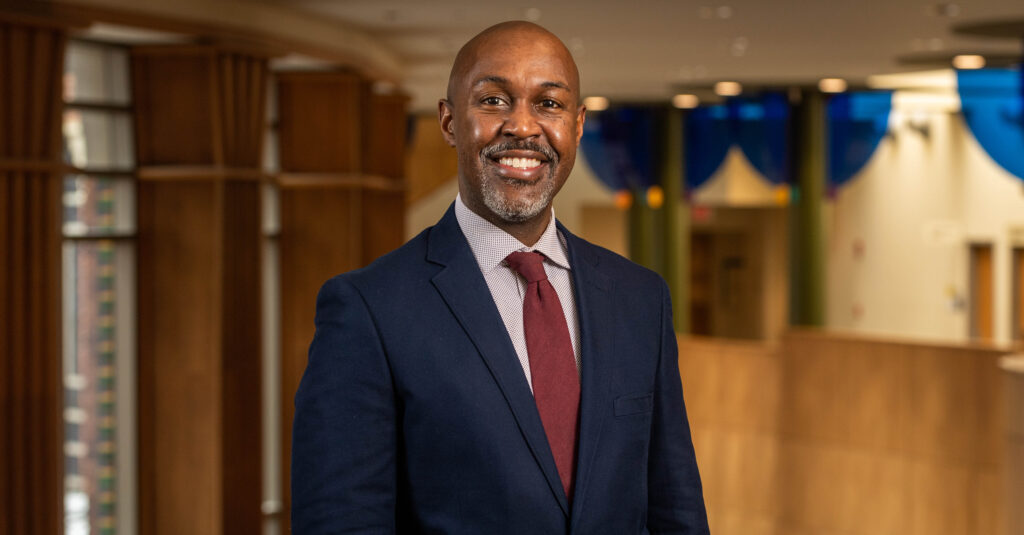The School of Public Health is working with Focus: HOPE, a Detroit-based civil rights and human services organization, to investigate factors that affect how Black youth participate in and benefit…
-
January 24, 2022
Q&A: Mary Janevic on improving the health of older adults in Detroit
“Detroit in particular has been hard-hit by the pandemic, with a COVID-19 death rate more than three times Michigan’s overall rate.”
~ Mary Janevic, associate research scientist, School of Public Health
-
December 20, 2021
Alum Noam Kimelman shares the secret to building true community
These friendships and real experiences are what finally taught Kimelman his most important life lesson to date: that his views on what Detroit needed were not necessarily what the people who lived there every day needed — from him or the organization he built.
-
October 29, 2021
With $13M grant, U-M researchers will track cancer risk from environmental exposures
Michiganders have a long history of tragic environmental exposures, from contaminated animal feed with polybrominated biphenyls (PBBs) in the 1970s, to lead and toxin contamination in Flint’s water supply.
-
July 1, 2021
U-M experts: Detroit-area flooding consistent with precipitation trends under changing climate
University of Michigan experts are available to discuss the weekend flooding in the Detroit metro area. The flooding provides a dramatic reminder that the frequency and intensity of severe storms are expected to continue to increase in the Great Lakes region due to climate change.
-
May 4, 2021
Truck noise in Southwest Detroit adds to public health concerns
Researchers at the University of Michigan joined forces with community members and the Southwest Detroit Community Benefits Coalition to evaluate the noise impact of the trucks on the neighborhood, many being rerouted as part of the new Gordie Howe International Bridge under construction.
-
March 31, 2021
U-M Receives $1.4M in NIH Funding to expand COVID-19 outreach
C3’s focus is on a few of the counties most effected by the pandemic: Wayne, Genesee, Kent, and Washtenaw. Within these communities, they’re examining communication channels among the African-American and Latino populations in addition to messaging to promote healthy choices.
-
March 30, 2021
More Detroiters ‘very likely’ to get COVID-19 vaccine than 4 months ago, U-M survey finds
The greatest discrepancy between those willing and unwilling to vaccinate is related to how they view science on the effectiveness of the vaccine and the advice of doctors. While 94% of people likely to vaccinate say scientific findings on vaccine effectiveness are important to their decision, just 62% of those unlikely to vaccinate say it is important.
-
November 30, 2020
Michigan Minds: How racism-related stress impacts the health of African Americans
What is the toll of racial discrimination on the mental and physical health of young African Americans? In this episode of Michigan Minds, Enrique W. Neblett, Jr., PhD, professor of health…


